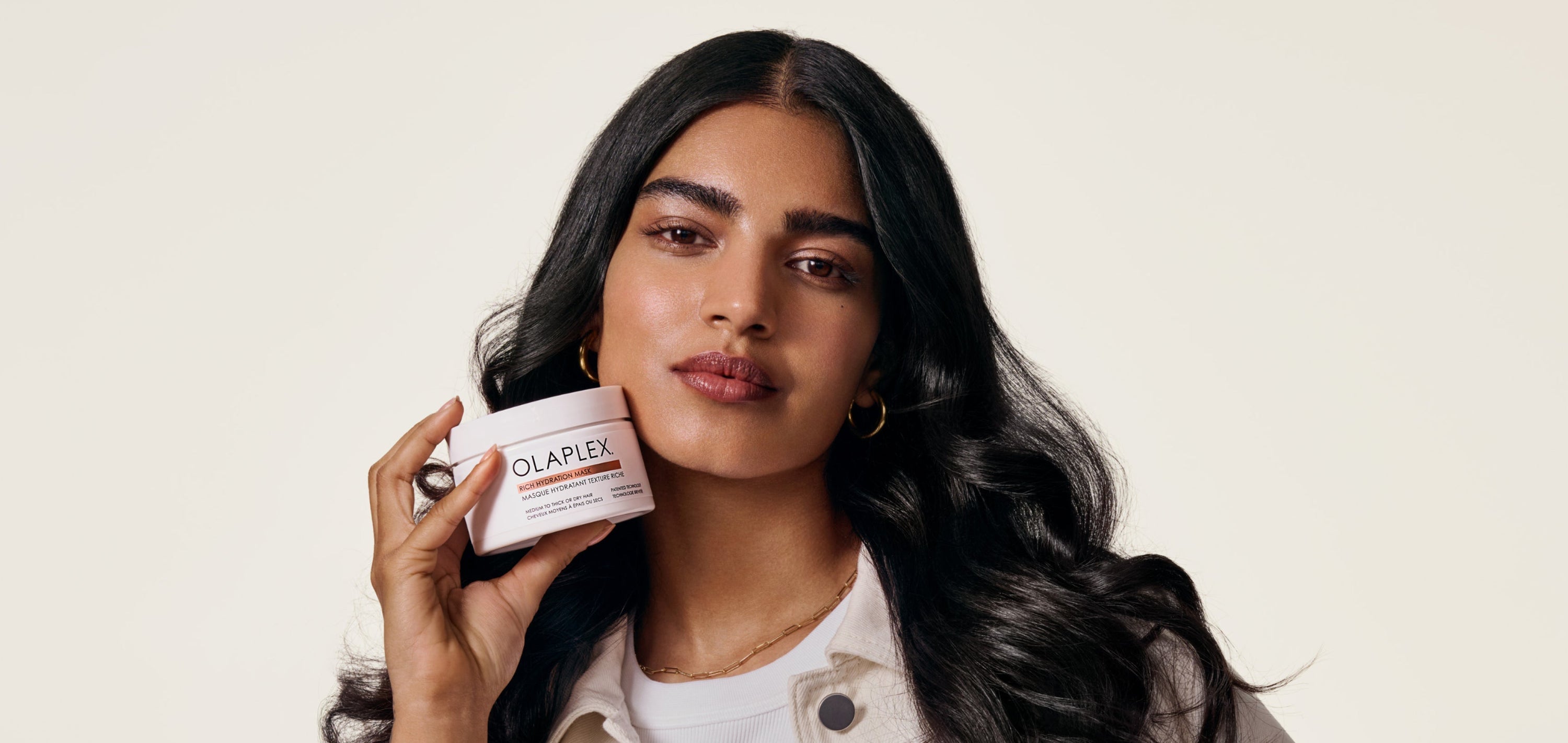
How Often Should You Condition Your Hair?
Key Takeaways
- Conditioners moisturize, repair, and protect hair. The frequency and type of conditioning needed depends on hair type and texture, as well as other factors.
- Rinse-out conditioners can be used with every wash cycle, and leave-in conditioners or deep conditioning treatments can be used as needed.
- It’s important to know your hair’s specific conditioning needs to determine the best conditioning options for you.
Jump to
- Why Are Conditioners Important?
- Figuring Out Conditioning Frequency
- Knowing Your Hair’s Needs
- Is Conditioner Bad for Your Hair or Scalp?
How Often Should You Condition Your Hair?
Sure, you may know that conditioner can hydrate your hair, make it smoother, and help control frizz, but how often does your hair need conditioner? Learn more about conditioner, how often to use it, and how to know when you need more or less conditioning.
Why Are Conditioners Important?
Conditioners do a lot—from moisturizing hair and reducing frizz to increasing shine, luster, and manageability. Conditioners like OLAPLEX® Nº.5 Bond Maintenance Conditioner can also strengthen hair to enhance its look, feel, health, and style-ability.
Figuring Out Conditioning Frequency
If you’re trying to figure out how often to condition your hair, there’s no one correct answer for everyone. Timing depends on hair type and texture, the climate, and how you style your hair. The type of conditioner—rinse-out, leave-in, or deep conditioning—also makes a difference.
Rinse-out Conditioner
In most cases, you should use rinse-out conditioner with every wash cycle. Nº.5 Bond Maintenance® Conditioner is a rinse-away conditioner for all damage-prone hair types that can be used during every wash cycle and is gentle enough to use daily. If you’re keeping brassiness at bay with Nº.5P Blonde Enhancer™ Toning Conditioner, use it weekly or as needed. For fine hair types, condition with Nº.5FINE Bond Maintenance® Conditioner for instant volumizing and strengthening, and rinse out after each use.
Leave-in Conditioner
Reach for a leave-in after your shampoo and conditioner if you want to keep repairing damaged hair or provide longer lasting moisturize to moderately dry hair . Nº.5LEAVE-IN™ Moisturize & Mend Leave-In Conditioner can be used on clean, damp hair or on dry ends in between washes to instantly hydrate and seal split ends while continuously protecting and repairing your hair.
Deep Conditioning Treatment
Need more powerful mask treatment? A deep hair conditioning mask could be for you. If you have dry or medium to thick hair, go with OLAPLEX Rich Hydration Mask to lock in moisture and reduce frizz, all while repairing hair bonds and restoring strength. If you have fine hair, reach for OLAPLEX Weightless Nourishing Mask to create instant volume while sealing cuticles for up to five washes. The key to finding which mask is right for you is to match the mask to your hair type—light hydration works best for fine hair, while rich hydration is more effective for thick hair, which can absorb it without feeling heavy.
Knowing Your Hair’s Needs
While those are the general guidelines, your hair is unique, meaning it might need more or less conditioning. Here are signs to watch for if you think you might need a personalized conditioning timeline.
- Condition a little less if your hair is greasy, doesn’t hold a style well, falls flat, or is overly glossy.
- Condition a little more if your hair is tangly, frizzy, dull, or has breakage, add in for deep restorative benefits.
Is Conditioner Bad for Your Hair or Scalp?
You know about the benefits of using the right amount of conditioner, but is that the whole story? Are conditioners bad for your scalp or hair? It’s important to ensure proper rinsing, and limit how much conditioner goes on your scalp to prevent the hair from being weighed down.
To find the right OLAPLEX® conditioner or deep conditioning treatment to keep your hair healthy, hydrated, and feeling great, take our Hair Quiz. And if you want to learn more ways to treat your hair right, head to the OLAPLEX Blog.
